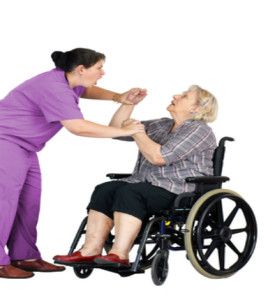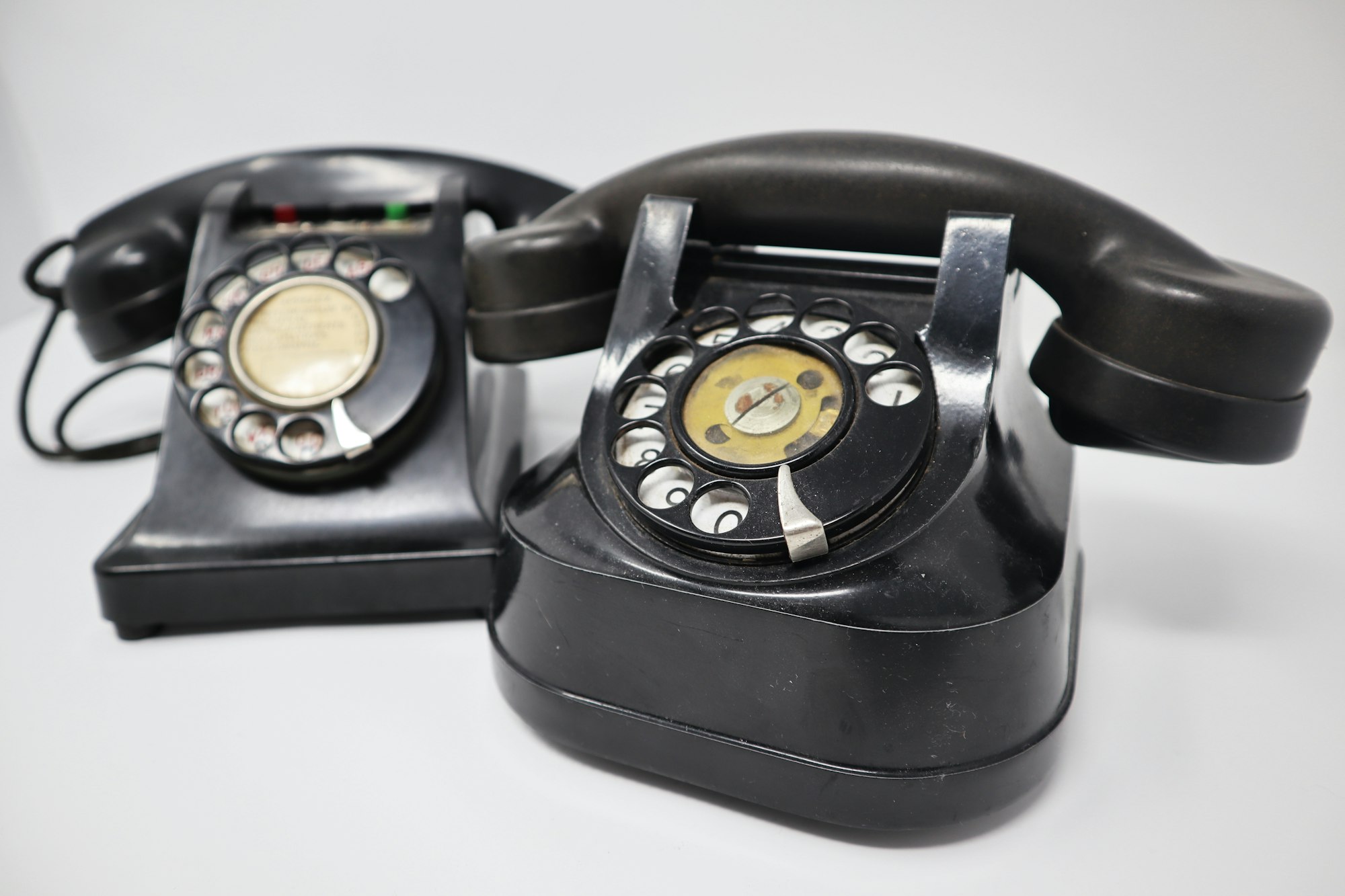Nursing Assistant: A Job from Hell-Caregiver Crisis in America
Working as a nursing assistant in a nursing home can be a challenging and low-paying job with poor working conditions. In this article, we explore the horror stories and realities of the nursing assistant profession, including low wages, lack of benefits, and high turnover rates.

While nursing homes bankrupt families and drain state and federal Medicaid/Medicare coffers, they pay the people directly caring for your loved ones barely more than minimum wage.
The working conditions? Often deplorable. Erratic schedules, double shifts, no health insurance, and poor staffing levels.
Who would even want such a job? That’s the scary part. If the nursing assistants are not passionate about what they do (and many are), the labor market is pretty simple in the way it works: You get what you pay for.
Turnover of nursing assistants in nursing homes is outrageously high – about 50 percent annually. These are the people helping your parents to the restroom, changing diapers, transferring them from a wheelchair to a chair or bed, feeding them at meal time if they are unable to feed themselves, and providing supervision and emotional support.
Often, patients are in end-of-life situations or their minds are gone, ravaged by Alzheimer’s or other dementia-related illnesses. They are so defenseless they are unable to even report abuse if it occurs, or if they do, they aren’t taken seriously, as it is chalked up to “the dementia.”
Welcome to the latest black eye on the American elder care system. It’s a crisis that goes beyond bed sores.
Report: Mean hourly wage is $11.51
In a new report, “Raise the Floor: Quality Nursing Home Care Depends on Quality Jobs,” the Paraprofessional Healthcare Institute meticulously documents some alarming facts and trends, including:
Mean (not average) hourly wage for nursing assistants is $11.51. That means half of the 650,000 strong workforce is earning less than that. Many rely on public aid to supplement their income, even though they often work overtime hours. Their wages, adjusted for inflation, have declined 7 percent in the past decade, even as demand for such workers has risen dramatically as Baby Boomers age.
Related News: Making Memories, not Enemies, with your Loved One with Dementia
About 45 percent do not have health coverage through their employer or a labor-management health fund. Many of those who are offered health insurance cannot afford the monthly premiums, copays and deductibles. With low pay and families to feed, this creates an environment where workers may go to work sick just to make ends meet.
Ill employees in a nursing home is a public health disaster, with the nursing home population being elderly, immune compromised, and in close quarters. Rampant, bug-driven Illness in such facilities does break out occasionally, sometimes resulting in “lockdowns” and loved ones being told to “stay away” unless absolutely necessary. (By the way, those making less than nursing assistants in nursing homes include the food workers, at $9.38 per hour. You see where I’m going here).
Chronic absenteeism, exhausted workers
Absenteeism among nursing assistants often is chronic, resulting in never-ending schedule changes and the dependable or readily available employees being called in to work double shifts. Already understaffed, consider the consequences of a nursing assistant who falls asleep on the job, particularly in a memory care unit, where patients routinely wander, fall, and become injured.
Nursing assistants receive very little training and almost no professional development. Because they are essentially considered unskilled workers, they are looked upon as an expense to be managed, not career people in need of development. The sad truth is that such conditions result in the hiring of employees that can be insubordinate, rude, and unprofessional.
All of our guides, downloads, worksheets, Premium courses
Click Subscribe To Get Started.
While corporate America may want to dismiss such accusations (70 percent of nursing facilities are operated by for-profit companies, with over half of all facilities owned by chains) anyone who has had a loved one in a nursing home knows this to be true. It is not uncommon for families to move a loved one from one facility to another out of fear of their loved one’s safety after witnessing negligence resulting from employees distracted by gossiping and fighting amongst themselves.
Related News: Home care workers live in poverty, too
“Many aides prefer their jobs to nurses’ medical and administrative roles, but the presumption that direct care is not a career devalues this work and contributes to low hourly wages,” the report explains. “Rather than building nursing assistants’ skills and loyalty – through quality training, regular schedules that provide full-time work, and living wages – nursing home executives and administrators keep the wage floor low for these positions and accept the consequences of high turnover. Unfortunately, nursing home residents and their families ultimately pay the price when constant staff turnover compromises care.”
Current situation deemed ‘untenable’
It is important to emphasize that a majority of nursing assistants do the best job they can given their substandard working conditions. But the bad apples that are hired due to the reality that it’s a job nobody wants can cause severe and inexcusable harm to our nation’s fragile, vulnerable, and often defenseless elderly.
The report calls the current situation “untenable.”
Related News: Yelp Adds Nursing Home Reviews
Our Resources section can help you find the information and tools that you need. We have courses, videos, checklists, guidebooks, cheat sheets, how-to guides and more.
You can get started by clicking on the link below. We know that taking care of a loved one is hard work, but with our help you can get the support that you need.
Click here to go to Resources Section now!
“Increasingly, employers report that they cannot recruit sufficient numbers of qualified workers,” says Jodi M. Sturgeon, president of PHI, in a news release. “Nursing homes deliver an indispensable service, providing support to individuals who cannot live safely in their homes. Ensuring quality jobs for nursing assistants is essential to improving the quality of care in these long-term care settings.”
A workforce of well-trained, experienced caregivers is impossible to build unless caregiving jobs are more highly valued, the report argues. Nursing assistants need better wages, but also jobs that offer sufficient training, on-the-job support, and opportunities to grow, learn, and advance professionally, the report states.
“We need to see nursing assistants as important assets to quality care,” Sturgeon says, “not as an expense to be managed. Employers need to invest in training, supportive supervision, and career paths to keep experienced workers on the job.”
A call to action by PHI: Better training needed
To support that investment, PHI calls for Medicaid reimbursements to cover the true cost of labor, according to the news release. “Raise the Floor argues for increases in rates to be tied directly to wages and benefits of nursing assistants and other low-wage support staff. The paper also makes the case for updating training requirements, which have not kept up with increases in acuity and behavioral health issues among today’s nursing home residents. Alzheimer’s disease and other dementias affect half of today’s nursing home residents.”
Related News: Elder Care Facilities are Bermuda Triangles for your Loved One’s Teeth
As nursing assistant Maribel Rodriquez from Waterbury, CT, who is quoted in the news release, says of her work, “It’s hard physically, mentally, and emotionally. To be successful, you need to be prepared for what you can control, but more importantly, you need to be prepared for what you cannot control.”
This report focuses on nursing homes, and nursing homes are considered a “medical” model. Despite the outrageous conditions these employees (mostly minority women) work under, they had to go to school and become certified in order to even obtain the job. However, in assisted living and “memory care” facilities, this is not always the case, depending on the state.
Memory care is a social model not a medical model; consumers beware
Assisted living, often branded as “memory care,” is based on a social model. Many families do not understand this going in, as they are under the impression their loved one’s medical needs will be the focus of their residency in the facility. Families often are sold on the loved one being able to stay at such facilities until death with supplemental palliative and hospice care. But approval of palliative and/or hospice care is not automatic, and not all hospice organizations are created equal.
Worse, private-pay facilities are held to even lesser requirements than those receiving state or federal money and the requirements attached to it, although even those are lax and lack transparency, according to the report.
“It is important to recognize that, as a result of limited transparency, it is difficult to assess how nursing homes spend the public dollars that are their primary source of revenue,” the report states. “Most states do not require public reimbursements to be spent primarily on the provision of direct and indirect care. Without accountability mechanisms, facilities may direct these funds to administrative overhead and profits rather than appropriately compensating nursing assistants and other low-wage nursing home staff.”
Family Caregivers Providing Billions of Dollars in Unpaid Care
Related News: What does it mean when a person with dementia goes on hospice?
You might also like this article:






